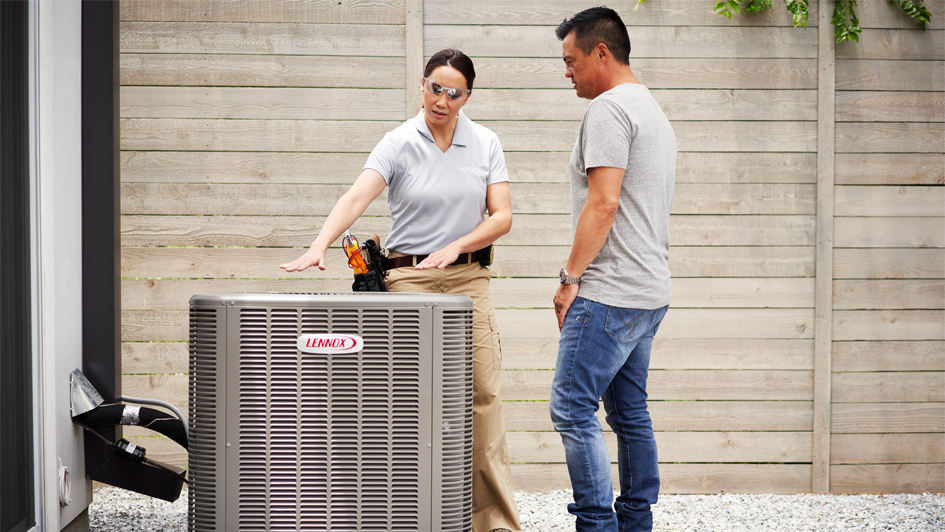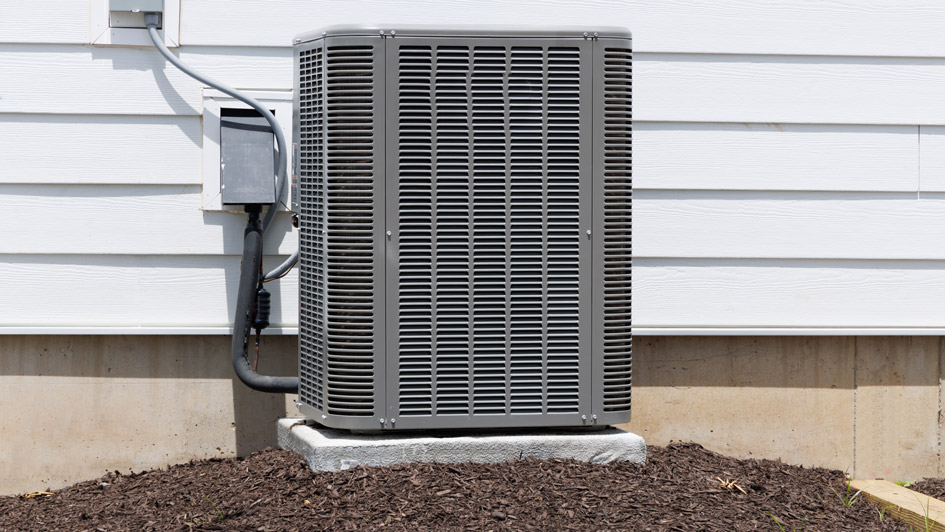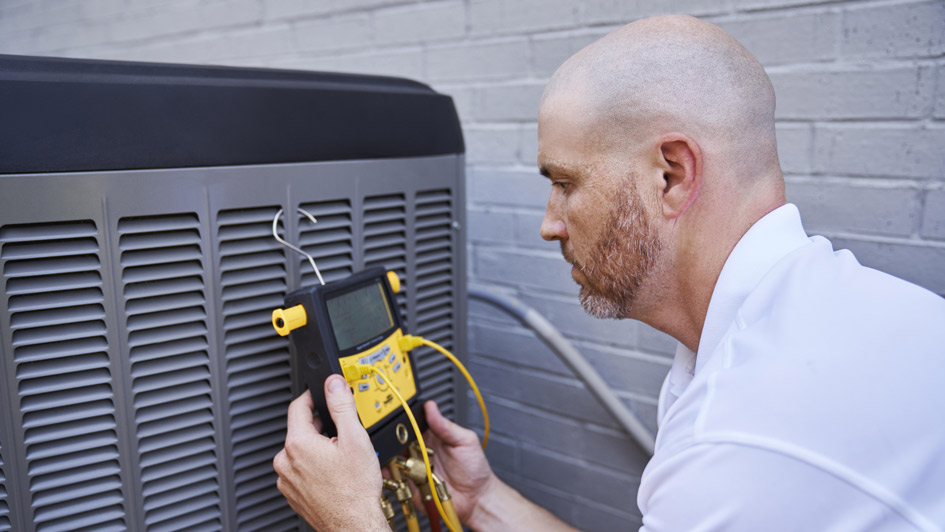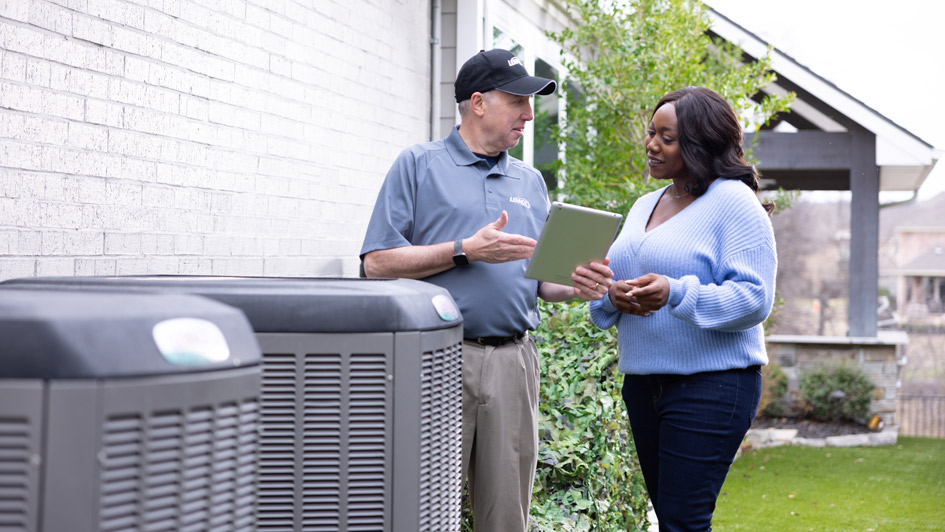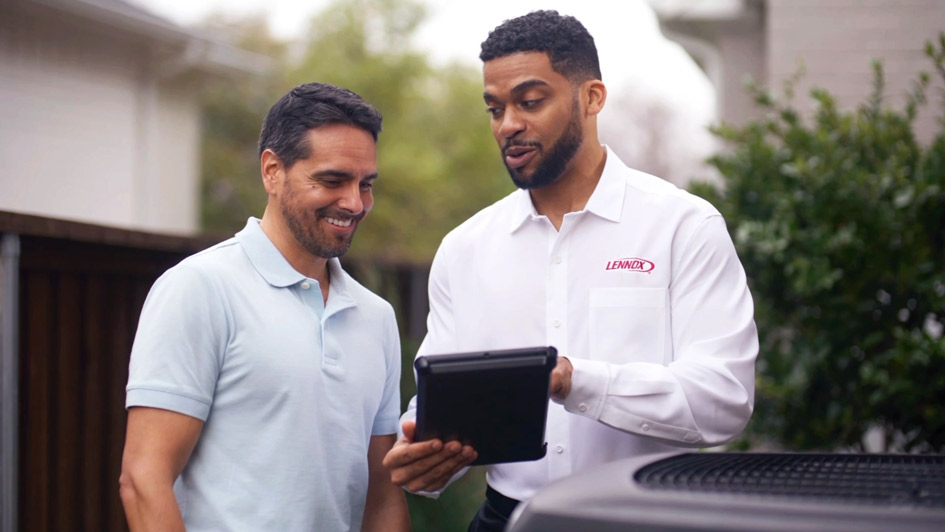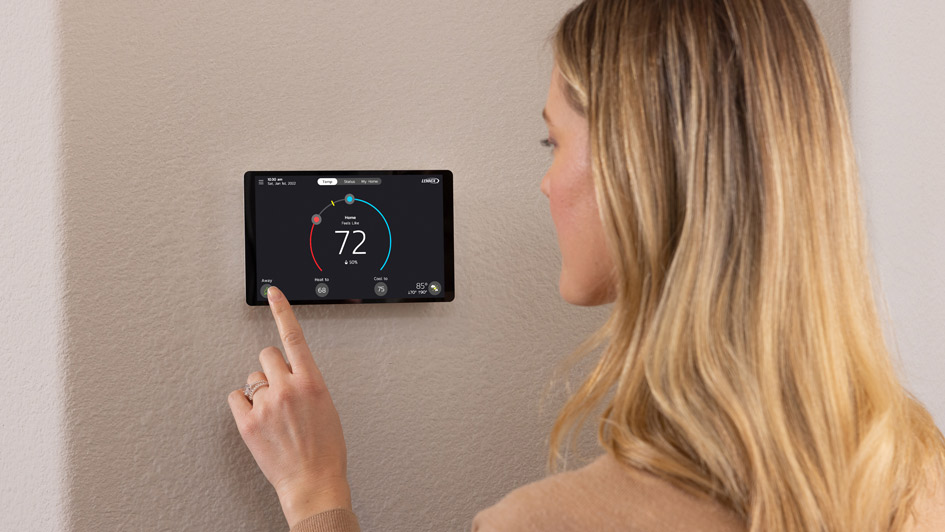Blog
Serving McAllen and These Areas
About Cytech Heating & Cooling L.C.
Comfort, Quality, and Value ... Every Time! At Cytech Heating & Cooling L.C., your home comfort is our highest concern. That’s why we supply lasting HVAC equipment and outstanding work in the Rio Grande Valley. Our professionals are educated in a complete range of services, so you can feel confident in the results you have. They’ll offer the assistance you are looking for, whether it’s putting in a new HVAC system or servicing and inspecting your current unit. We’re available to provide support for all of your needs, so ring us at 956-553-3256 or contact us online to get an appointment today.
Cytech Heating & Cooling L.C.
6840 N Interstate 69C
Edinburg, TX 78542
Phone: 956-553-3265
Email: [email protected]
License # TACLA029045C
© 2025 Cytech Heating & Cooling L.C. | All rights reserved

